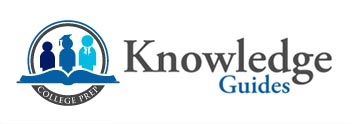Summer Reading Lists for High School Students
For as long as I can remember, the highest scorers on verbal sections of the SAT and ACT have been the kids who frequently read books on their own. Regular reading increases your vocabulary, knowledge, critical thinking, and ability to see things from different points of view. Even occasional reading helps and at least is a positive start, especially in the current day where kids can be very busy with scheduled activities or distracted by a multitude of things online.
It’s very common for parents to tell me that they can’t get their kids to read on their own, but I find it helps to look more closely at their interests and try to find books that appeal more to them personally. For example, if a kid plays sports, they can usually find biographies of athletes who excel at their particular sport. Or if they play an instrument and love music, they can look for biographies or books that tie into that interest. Or maybe they just need to find the type of book that grabs their attention such as mystery/thriller, westerns, or science fiction. It may be a challenge and take some effort, but if they can just find that first book that they really enjoy, then it’ll be easier to keep up the reading habit.
Here is a link to some Summer reading lists provided by a charter school(arranged by grade): Summer Reading Lists. It has lists for every grade in junior high and high school. Please check this out and feel free to reach out to share feedback or let us know if we can be of further assistance.
Here are some from the list that I also recommend:
Of Mice and Men, John Steinbeck
The Adventures of Huckleberry Finn, Mark Twain
The Lord of the Rings, J.R.R. Tolkien
All Quiet on the Western Front, Erich Maria Remarque
A Tale of Two Cities, Charles Dickens
The Time Machine, H.G. Wells
Twelve Mighty Orphans, Jim Dent
